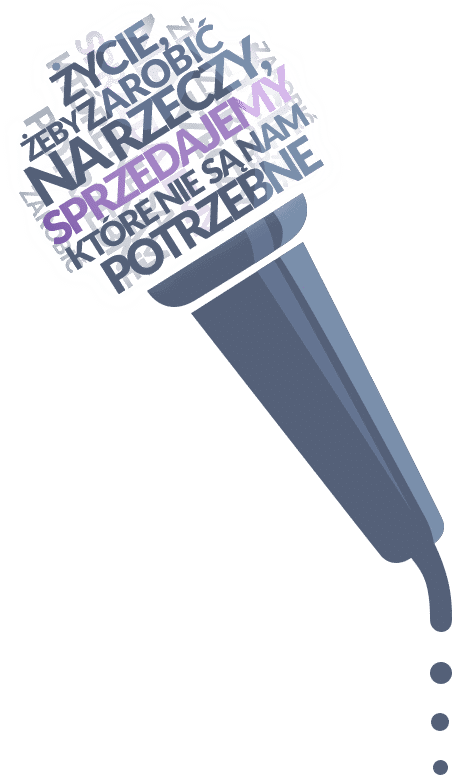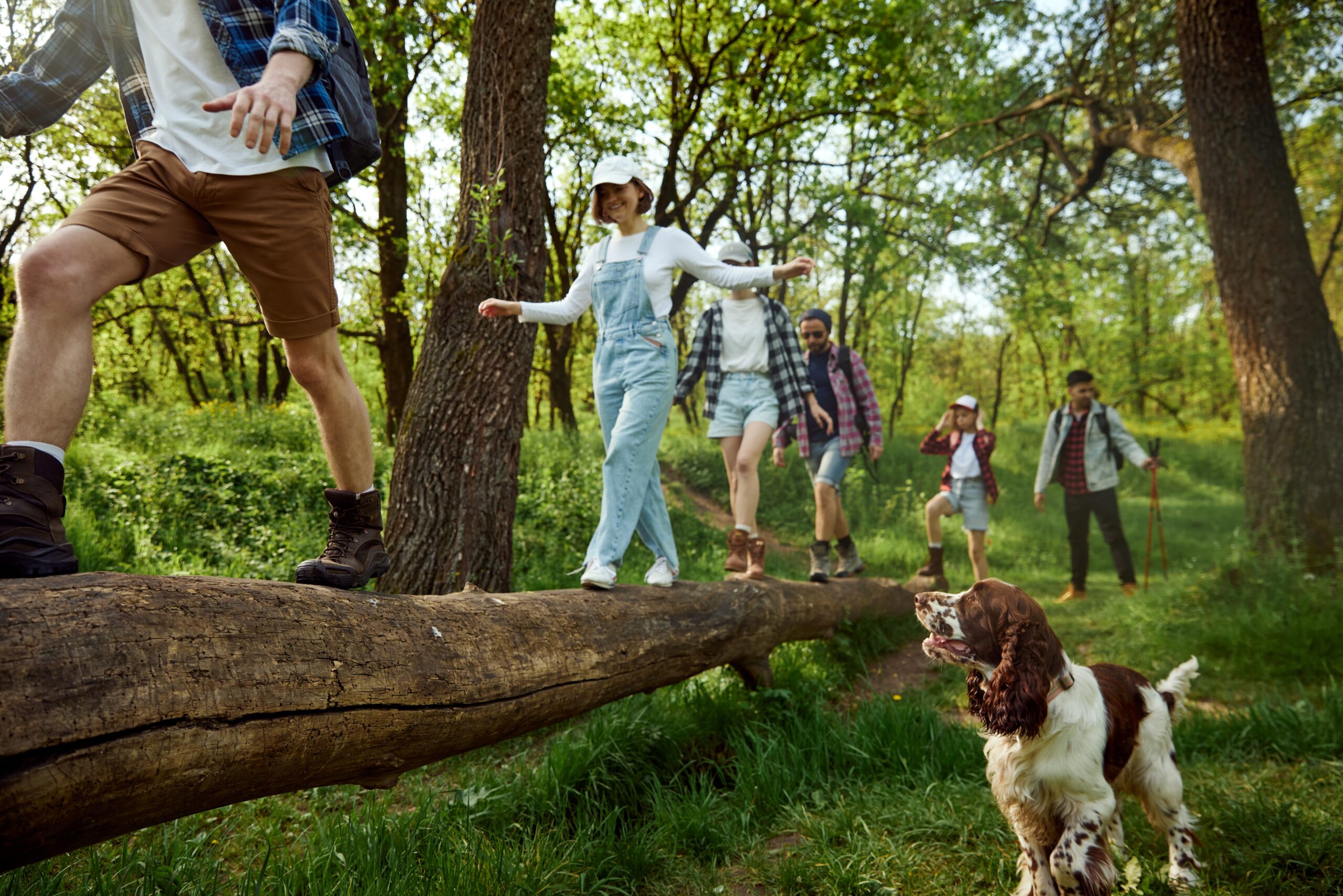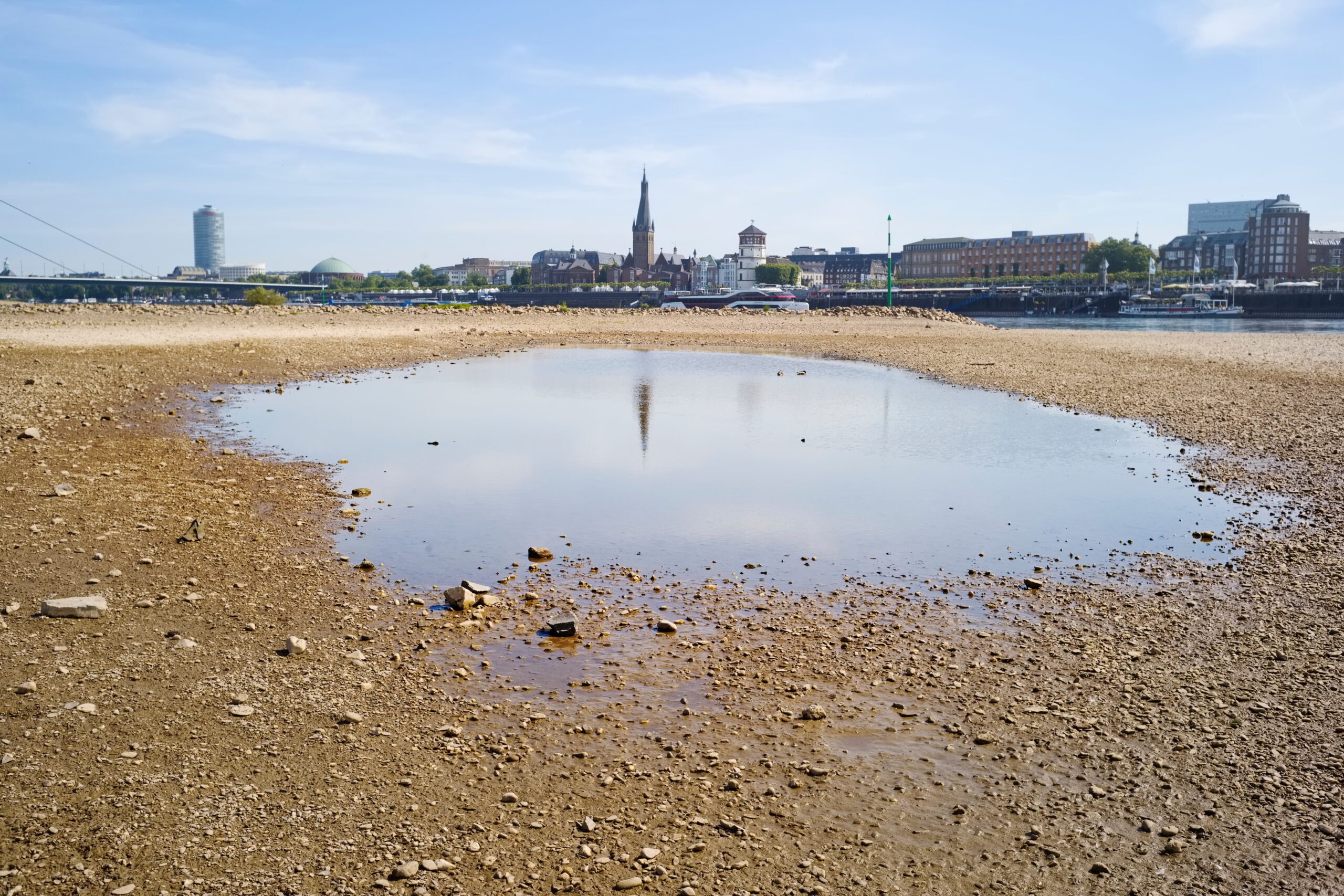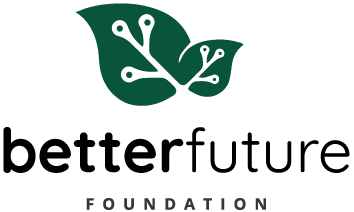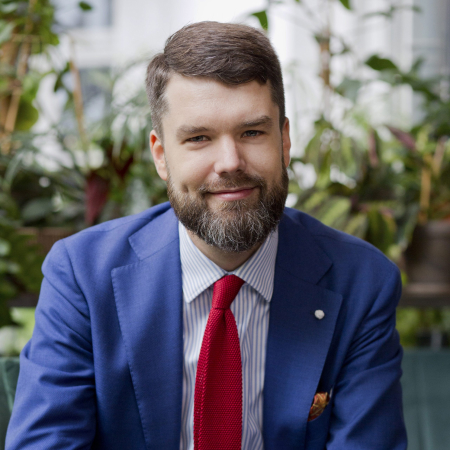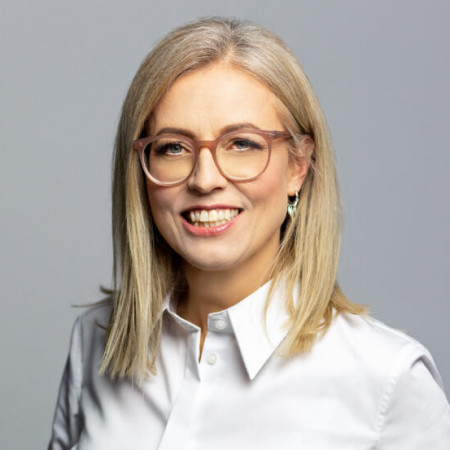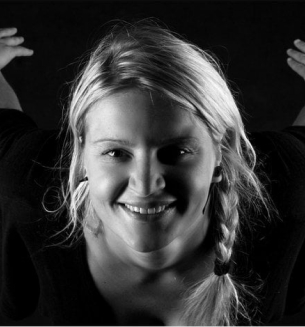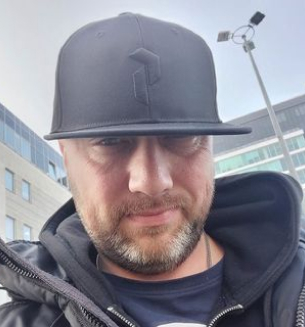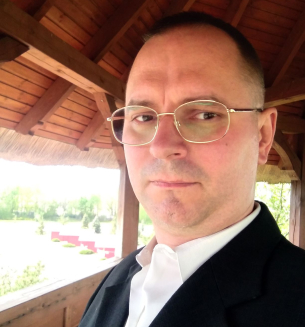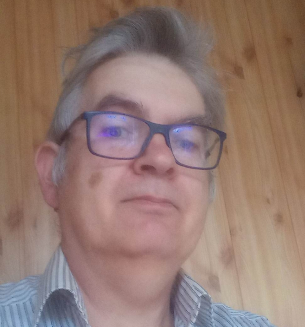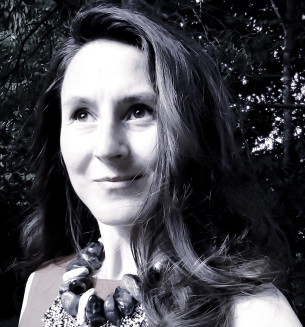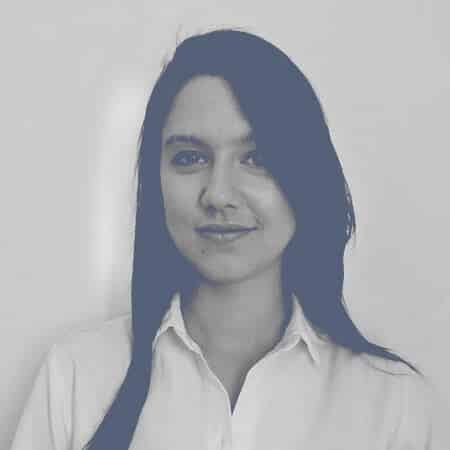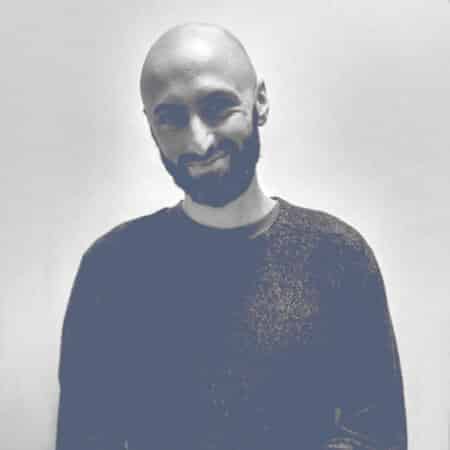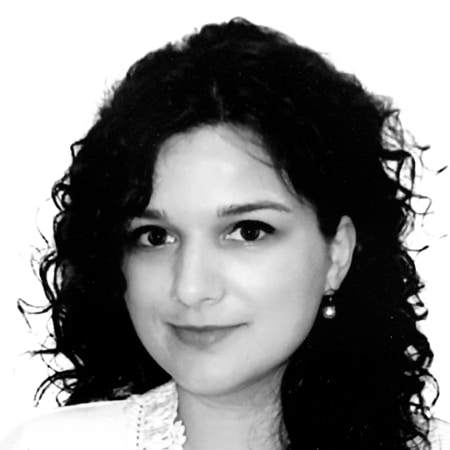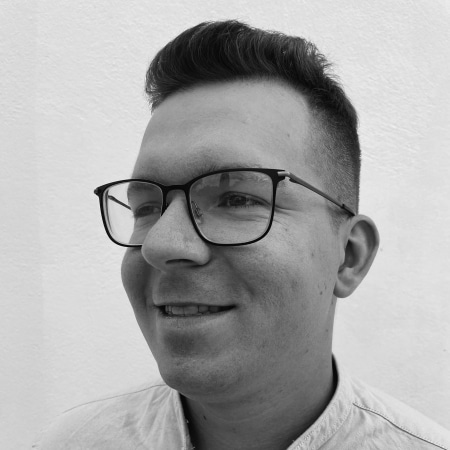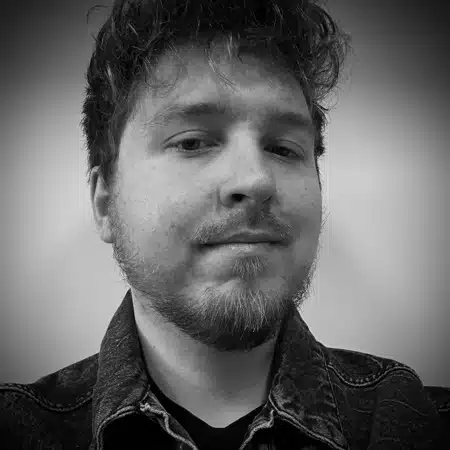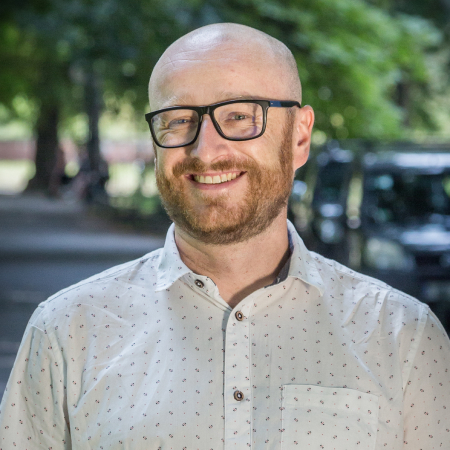13 steps
And what should we do?
This is actually quite obvious. I often refer to the “World Scientists’ Warning to Humanity”. Its authors describe 13 critical steps that need to be taken. Five of these steps focus on environmental protection. We must protect and restore our biosphere. According to the scientists, 30 per cent of Earth’s ecosystems should be put under protection by 2030 and by 2050 it should be 50 per cent. They also mention economic changes, renewable energy sources and calculating external environmental costs. Humanity should transition to a plant-based diet. We have to stop eating meat or dramatically reduce its consumption and move away from mass livestock production this way. The authors of the declaration also stressed the importance of increasing outdoor nature education for children, as well as the overall engagement of society in the appreciation of nature. People need to learn how to be more sensitive towards nature, more aware of their connection with it.
How to protect half of the planet if the population continues to grow?
It can’t be half of Europe I guess.
Here it’s 1 per cent.
There are at least a few suggestions for creating new national parks in Poland, but we prefer to subdue the Earth instead. It’s like a motto in our country. I’m kind of surprised actually because many years ago John Paul II read it differently, thanks to which it used to be somehow hidden. It’s back now though and this is precisely what will doom us. This way of thinking, this appropriation of nature.
So where, if not in Europe?
According to scientists, it is possible. And I really like some of the new ideas. Take London, for example, which wants to become the first urban national park in the world. That means fighting against concretisation. The main problem for now is not the number of people inhabiting the planet, but how they use its resources.
It’s interesting how you moved from national parks to cities. We got used to thinking about environmental protection in terms of enclosed, protected spaces. But it’s not only about that. It’s also about cities offering living space to bees.
Nature has to be wild. It’s not about well-kept lawns and flowers everywhere. We have to let nature restore itself wherever possible. There’s a very good example of that phenomenon in Katowice. After the old wedding palace was torn down, the site remained unused for a long time. A wild meadow soon grew there. People were delighted, went for a walk there. The meadow grew by itself and was beautiful. Unfortunately, it’s being destroyed now. There’s a lot of space, we just need to let nature take it over.
Why is it not happening?
It’s obvious. If there’s any free space left, something must be built there.
Yes, another park with a capital “P”. Here in Krakow, you know, we sometimes joke that it’s a city of parks because every year lots of new ones are built. The problem is these are the parks with a capital “P”, I mean of course housing estates with names such as Apartments Park, Garden Park, Forest Park…
Yes, it’s a real nightmare. In my region we are fighting for the Silesian Park (Park Śląski) which is being lined with housing estates. Prime Minister Morawiecki has said that excessive concretisation of cities is wrong and that he’ll fight against it. But these are only words.
You’ve also said that economic and social changes are necessary. Could you expand on that?
First of all, we need to change our energy system and transition to renewable energy sources. It has also been precisely calculated by the IPCC.
We must get 50 per cent of energy from renewable sources by 2030, and 100 per cent by 2050. The question is whether it’s not too late to achieve these targets, but let’s now assume it’s not. The second change refers to land use. We have to find other ways of producing food. Intensive large-scale agriculture must become a thing of the past, otherwise we will not survive.
Forestry practices must change as well. In Poland, as Adam Wajrak suggests, 25 per cent of forests should be left unmanaged. We don’t have to manage them all. Cities must no longer be oases of concrete, but of greenery.
There are examples of how to do it. What is needed most of all is political will. So far, however, everything has been going in the opposite direction.
Economic change is usually preceded by social change. Do you think it is justified to assume that it will be possible because our values are changing?
I think they are slowly changing. Several years ago I sometimes didn’t have the courage to say that consumption was the problem, that it had to change, that we would not survive if we didn’t reduce it. I was a little afraid to raise this issue and now it is mentioned in a number of reports, in demands put forward by participants of climate strikes. Young people know that it has to change. The message has got through. Change is taking place. Acquisition of things in ever-increasing amounts is not an ultimate goal for all of us anymore. We want to live a more moderate and wiser life.
How to fix the world?
We need two things to fix the world: moderation and cooperation. Take only as much as we really need, never more. It’s not enough for just one individual to do it. We need to cooperate and agree that all of us have to follow this path, that this is how we’re going to live on this planet. If we do so, there’s a chance that we will survive. Will we succeed? I’m really happy to see the growing number of people who want to change their lives. For now, however, we’re looking at a closing window.

Prof. dr hab. Piotr Skubała
Professor of biological sciences, PhD from the Faculty of Natural Sciences at the University of Silesia in Katowice. Soil ecologist, acarologist (dealing with the ecology of Oribatida soil mites), environmental philosopher, educator and climate activist, ethic expert for the European Commission in Brussels (HORIZON 2020), member of the GMO and GMM commission working under the Ministry of the Environment, a contributor at the monthly magazines “AURA. Ochrona środowiska” [Aura. Environmental Protection] and “Dzikie życie” [Wild Life], co-organiser of Environmental Culture Festival “Zielono Mi” [I’m feeling Green], organiser and co-host of meetings held by the Environmental Thought Club.
